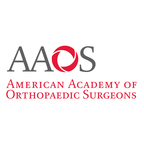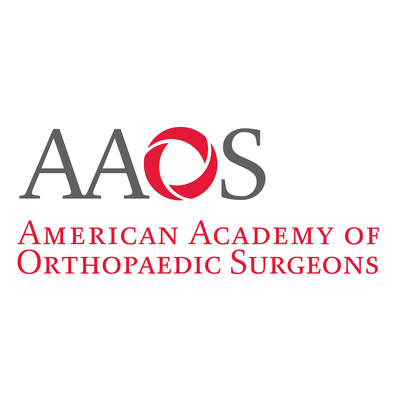
ROSEMONT, Ill., May 19, 2021 /PRNewswire/ — You may consider stepping up your workout with Summer around the corner. Aerobic exercise is not only beneficial for building strong bones, improving muscle strength, endurance and flexibility, but also reducing your risk of heart disease, hypertension, stroke, diabetes and some cancers. The benefits go beyond physical with research suggesting that it may improve your thinking and memory in just six months.1

“Walking, running, bicycling, swimming and cross country are a few popular aerobic activities,” states orthopaedic sports surgeon and AAOS spokesperson Vonda Wright, MD, FAAOS. “To get the most out of your aerobic exercise, flexibility and strength training exercise should be worked into your fitness routine.”
To strengthen your cardiovascular system, it is important to increase your heart rate for 20 to 60 minutes at your target heart rate each time you exercise. Exercising at your target heart rate ensure your body is exerting enough energy to reap the benefits. To accurately track how hard your body is working, calculate your target heart rate and track beats per a minute. A general calculation to determine your target heart rate is 220 minus your age.
“The FITT principle of exercise is an effective guideline to follow for aerobic activity,” says Dr. Wright. “Standing for frequency, intensity, time and type, the FITT principle can provides the building blocks for an optimal workout. No matter what you’re trying to achieve or how your goals change over time-toning up, improving strength, speed, or endurance, or losing weight-you can seamlessly apply the FITT Principle to stay on track. The key is to keep your heart rate steady and to exercise to your fitness level in order avoid injury.”
The American Academy of Orthopaedic Surgeons (AAOS) suggests the following safety tips to eliminate injury while taking part in aerobic activity.
- Consult your doctor. If you have a preexisting condition, are overweight, a smoker or haven’t been active in a while, consult with your physician before beginning a new exercise routine.
- Wear appropriate shoes. If selecting a running shoe, look for good shock absorption and construction that will provide stability and cushioning to the foot. Make sure that there is a thumbnail’s width between the end of the longest toe and the end of the shoe. Buy shoes at the end of the day when your foot is the largest.
- Warm up and stretch. Warm up with some easy calisthenics, such as jumping jacks. Continue with walking or light running for five minutes. Gentle stretching of the back, hamstrings can be helpful.
- Cool down and stretch. Never skip stretching at the end. Stretching can help reduce muscle soreness and keep muscles long and flexible. Slowly and gently stretch after activity, holding each stretch for 30 seconds.
- Hydrate. Even mild levels of dehydration can hurt athletic performance. If you have not had enough fluids, your body will not be able to effectively cool itself through sweat and evaporation. A general recommendation is to drink 24 ounces of non-caffeinated fluid 2 hours before exercise and an 8oz. cup of water every 20 minutes throughout exercise.
For more information on aerobic exercise, visit OrthoInfo.org.
To schedule an interview with an AAOS expert about common musculoskeletal injuries from exercise, email media@aaos.org.
About the AAOS
With more than 39,000 members, the American Academy of Orthopaedic Surgeons is the world’s largest medical association of musculoskeletal specialists. The AAOS is the trusted leader in advancing musculoskeletal health. It provides the highest quality, most comprehensive education to help orthopaedic surgeons and allied health professionals at every career level to best treat patients in their daily practices. The AAOS is the source for information on bone and joint conditions, treatments and related musculoskeletal health care issues and it leads the health care discussion on advancing quality.
Follow the AAOS on Facebook, Twitter, LinkedIn and Instagram.
1 https://www.health.harvard.edu/mind-and-mood/exercise-can-boost-your-memory-and-thinking-skills
![]() View original content:http://www.prnewswire.com/news-releases/get-your-heart-pumping-and-reap-the-benefits-301295219.html
View original content:http://www.prnewswire.com/news-releases/get-your-heart-pumping-and-reap-the-benefits-301295219.html
SOURCE American Academy of Orthopaedic Surgeons
























